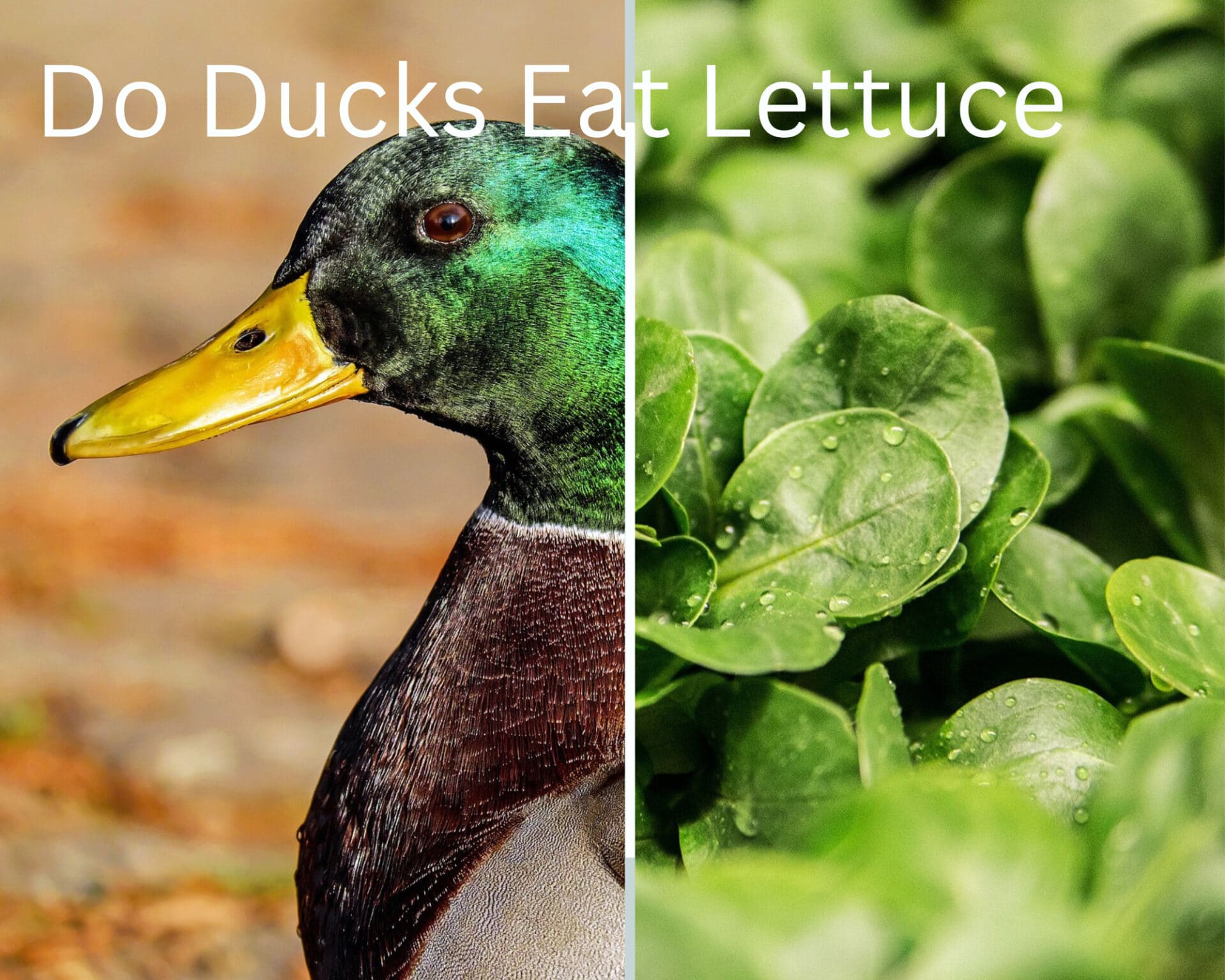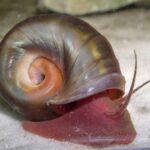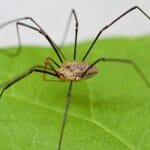Beyond Bread Crumbs: What Do Ducks Really Eat?
You might picture ducks happily munching on bread crumbs, but their diet is far more interesting! These clever birds are opportunistic omnivores, meaning they enjoy a variety of foods—and yes, that includes crustaceans! In fact, snails, crayfish, and other aquatic invertebrates are natural parts of a duck’s diet.
Think about it: ducks spend a great deal of time in the water. As they dabble, their bills, perfectly designed for filtering, easily scoop up these small creatures. While plants make up the bulk of their diet, crustaceans provide a protein boost, which is especially important during molting and breeding seasons.
Ducks & Prawns: A Surprisingly Healthy Treat?
You might be surprised to learn that ducks will eat just about anything they can get their beaks on, including prawns! These crustaceans can actually be a healthy treat for ducks in moderation. Prawns offer a good source of protein to help keep those ducky muscles strong, along with some healthy fats and important minerals. However, too much of a good thing can be a problem.
So, are prawns safe for ducks?
The short answer is yes, but only if they’re cooked. Raw prawns can sometimes carry bacteria that could make our feathered friends sick. Always make sure those prawns are cooked through and cooled down to room temperature before you offer them to your ducks.
How many prawns can a duck handle?
Think of prawns as a special treat for your ducks, not a regular meal. Too many prawns can lead to problems like obesity, liver disease, or even gout. A good rule of thumb is to offer no more than one prawn per week.
What are the upsides of feeding prawns to ducks?
As we mentioned before, prawns offer a good dose of protein, which is super important for growth and development. The fat content provides energy, and the minerals contribute to their overall health.
What are the potential downsides?
Like with many treats, overdoing it is where the trouble lies. Too many prawns in a duck’s diet can increase their chances of developing health problems. Obesity is a common issue, and liver disease and gout are also risks.
Here’s the rundown:
- Ducks can enjoy prawns, but only as an occasional treat.
- Always cook prawns thoroughly before offering them to ducks.
- Limit prawn treats to prevent potential health problems.
Can Ducks Eat Crabs? Unpacking the Duck Diet
Ducks might seem harmlessly herbivorous, but don’t let that fool you! These feathered friends are omnivores, happily gobbling down whatever tasty morsels they find, including crabs!
Think about a duck’s natural habitat: ponds, lakes, and rivers. These watery worlds are teeming with crustaceans like crabs, a natural part of a duck’s diet.
So, what makes crabs such a good food source for ducks? They’re packed with protein, which is crucial for building strong muscles and producing healthy eggs. They’re also chock-full of omega-3 fatty acids, essential for vibrant plumage and healthy skin. And let’s not forget important minerals like calcium for strong bones and zinc for a robust immune system.
Before you start showering your local ducks with crab legs, remember that moderation is key. Just like humans, ducks can experience health issues if they overindulge in certain foods. Feeding ducks too many crabs can lead to nutritional imbalances and might even discourage them from foraging for food naturally.
If you do decide to treat your feathered friends to a crab snack, make sure to crack the shells open a bit to make it easier for them to eat. And it’s best to avoid giving them processed or seasoned crabs, as these can contain additives that may be harmful to their health.
While we know that ducks can eat crabs, ongoing research continues to uncover the intricacies of avian diets and the impact of various food sources on their health and behavior.
Can Ducks Eat Lobster? A Look at This Luxurious Treat
We know ducks love gobbling up all sorts of critters in the wild, but what about lobster? While it might not be a regular part of their diet, ducks can actually eat lobster. However, there are some important considerations.
First and foremost, raw lobster can harbor bacteria that could make your duck sick, so cooking it thoroughly is crucial. Additionally, those tough shells are a definite choking hazard. It’s best to remove the shell completely before letting your duck dig in.
While ducks can enjoy a nibble of lobster now and then, it’s not a natural part of their diet. Offering lobster should be done sparingly, as a very occasional treat. It’s crucial to prioritize a well-rounded diet full of nutrient-rich foods that keep them happy and healthy.
What NOT to Feed Ducks
While it’s tempting to treat ducks with scraps from our own plates, we have to be careful. Too much bread or processed foods can actually do more harm than good. It messes with their natural foraging instincts and can lead to health problems.
Here are some definite no-nos in the duck dining world:
- Avocado
- Chocolate
- Coffee
- Alcohol
- Moldy food
When in doubt, it’s always best to err on the side of caution. If you’re unsure about a particular food, skipping it is better than risking your duck’s well-being.
Understanding the Duck’s Role in the Ecosystem
Understanding the role of different animals within an ecosystem is essential for anyone interested in the intricate balance of nature. For example, are geckos primary consumers, consuming plants; secondary consumers, preying on herbivores; or tertiary consumers, topping the food chain? For more insights, click on the role of geckos in the food chain to dive deeper into this fascinating topic.
Key Points:
- Ducks are opportunistic omnivores, meaning they eat a variety of foods, both plant and animal-based.
- Crustaceans, such as snails, crayfish, prawns, and crabs, are a natural part of their diet.
- Ducks’ bills are designed to filter out crustaceans from the water.
- Crustaceans provide a protein boost for ducks, especially during molting and breeding seasons.
- Feeding ducks human food should be done in moderation, as processed foods and excessive treats can harm their health.
- A diverse diet that includes leafy greens, fruits, vegetables, and specially formulated duck food is best for ducks.
- Georgia Platform: A Southern Strategy, 1850s - March 31, 2025
- How many weeks is 40 days: Quick Conversion Guide for Accurate Results - March 31, 2025
- How many feet is 300 meters? 984 Feet: Understand Length Conversions Easily - March 31, 2025

















1 thought on “Ducking into Dinner: Can Ducks Eat Crustaceans and Thrive?”
Comments are closed.